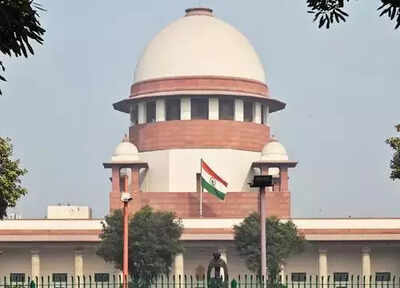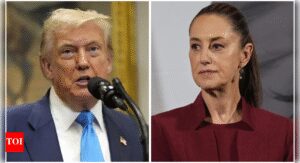
NEW DELHI: The Supreme Court on Thursday ruled that both state legislatures and parliament have the authority to levy entertainment tax and service tax, respectively, on Direct-to-Home (DTH) services provided to consumers.A bench comprising Justices B V Nagarathna and N Kotiswar Singh observed that broadcasting constitutes a service and is therefore subject to service tax under parliament’s jurisdiction, while the entertainment aspect falls under entry 62 of list II of the constitution, which is within the domain of state legislatures.Entry 62 covers taxes on luxuries, including taxes on entertainment, amusement, betting, and gambling.The court said entertainment could not reach viewers without the broadcaster transmitting signals for the real-time presentation of films, performances, or programs on television.“Thus, there are two aspects in this activity – the act of transmission of signals to subscribers and the provision of entertainment through the decryption of those signals by set-top boxes and viewing cards provided by the service operators,” the bench said.The court noted that without the necessary apparatus from the service providers, subscribers would not be able to access the transmitted content, which is ultimately consumed as entertainment.“The television entertainment provided by them through their modus operandi, i.e., by broadcasting, is a luxury within the meaning of Entry 62 – List II,” the court added.The bench held that DTH operators are liable to pay service tax under the finance act, 1994, for broadcasting activities, and must also pay entertainment tax under the relevant state laws.The ruling came in response to a series of appeals challenging high court decisions that had declared the entertainment tax on DTH services unconstitutional.Another group of appeals filed by DTH operators questioned the validity of state laws imposing entertainment tax, arguing that their role was limited to broadcasting signals to subscribers and should not attract entertainment or luxury tax.













